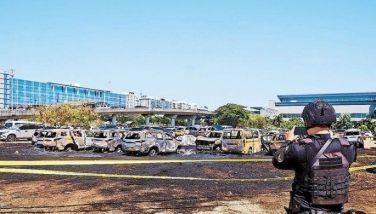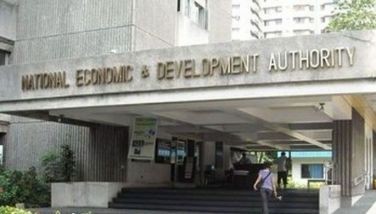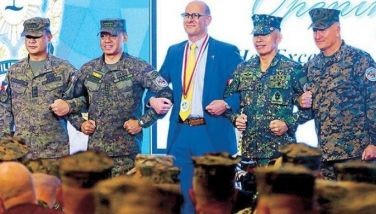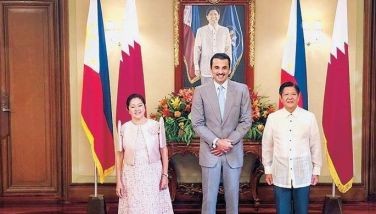Blended learning in NCR eyed to shift from printed modules to full digital learning
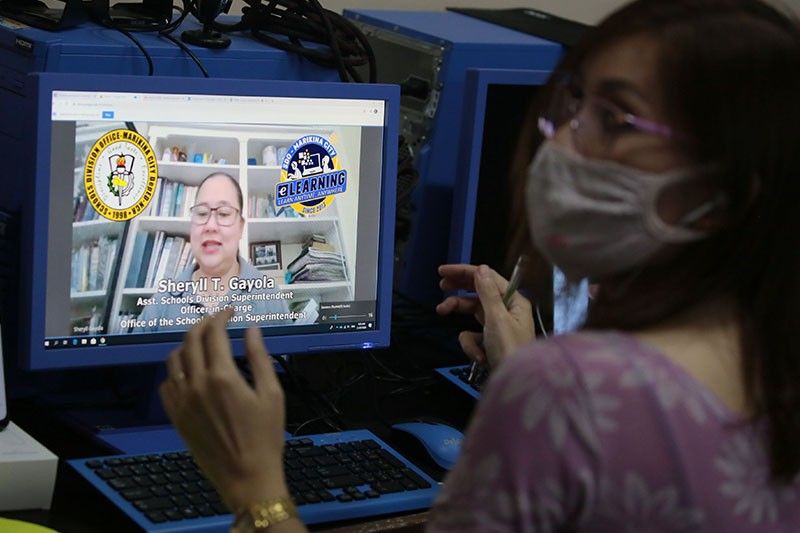
MANILA, Philippines — Distance learning in Metro Manila will eventually shift to all-digital learning, as officials say printed modules are costly and tedious to prepare.
The Philippines will reopen schools virtually on October 5 due to the coronavirus pandemic, under a blended-type of learning that will see the use of both printed materials and gadgets.
At a press conference on Friday, Director Malcolm Garma of the department's office in the National Capital Region said the modules will be their "default tool for learning delivery" but only until the second quarter of the school year.
"We will push through that by the third grading period, we would be able to gradually shift from the use of printed module to digital platforms," he said in Filipino and English.
This was despite results of their surveys that showed a huge portion of students, parents and teachers still prefer to use printed materials.
Garma said part of the shift will be to first utilize the use of gadgets even without Internet until such time that connection infrastructures can catch up to the needs.
"We have already recognized and realized that we can't sustain the use of printed modules. For one, it's very expensive [and] very tedious in terms of preparations," he added.
Undersecretary Annalyn Sevilla, however, said that the move is limited yet to Metro Manila, where local governments are providing gadgets to its residents, due to budget constraints.
"[The] budget is really dependent on what will be approved to us by Congress," she said in mixed Filipino and English. "We have proposed for the digital program, however, what was considered for us is not enough to cover the nationwide requirement."
Sevilla said they have more or less P8 billion for DepEd's computerization program, while at least P15 billion for its learning resources.
"Alam naman natin na ang national government has limited resources. Taon-taon naman ito, kahit wala pa 'yung COVID nanghihingi na tayo ng pangangailangan natin," she added.
(We know that the national government has limited resources. Regardless of the COVID-19 pandemic, we appeal every year for our needs.)
The education department gets the lion's share in budget allocations annually. For 2021, it has an approved P606.5 billion out of the government's total P4.5 trillion proposed budget to Congress.
ACT-Teachers Party-list representative France Castro in a statement praised the mayors of Manila, Quezon City, Pasig and San Juan for providing the need for gadgets of their students.
"The national government should emulate the city governments' ways on how they responded to the needs of the people during this trying times," she said. "If mayors can do this on their own LGUs, the national government can also implement this as a whole-nation approach."
DepEd had originally set the reopening of classes on August 24, but moved it to October 5 after logistical limitations encountered by areas which were brought back to modified enhanced community status in August.
- Latest
- Trending


















